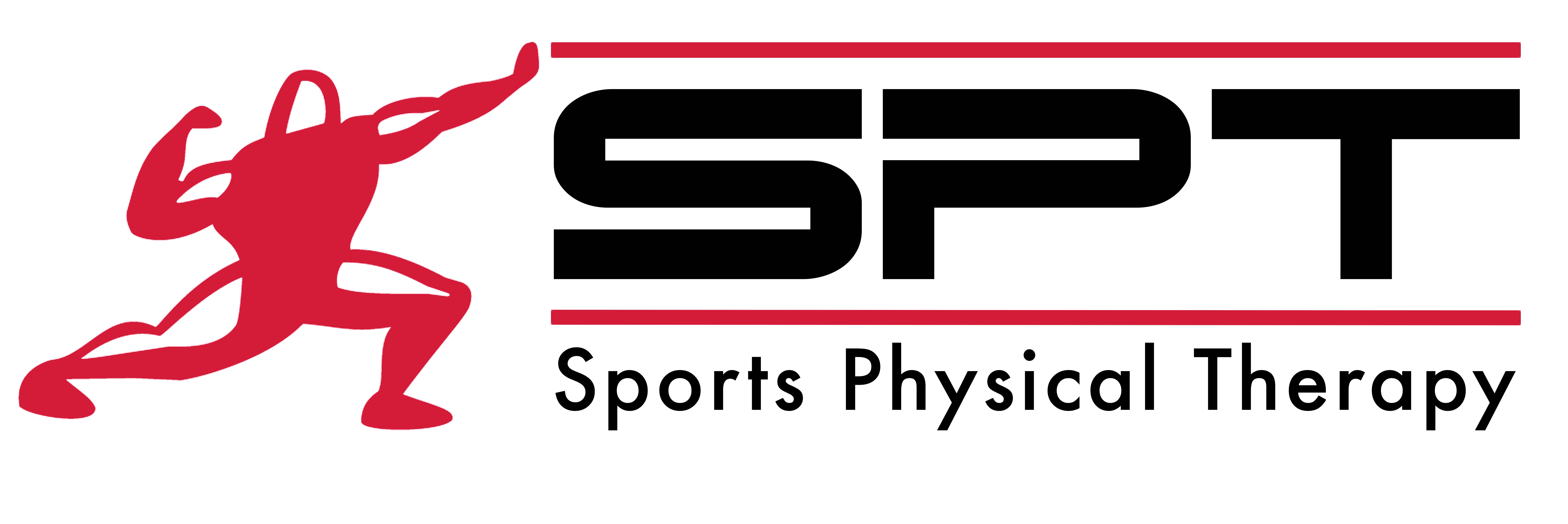Stroke
A stroke is a medical emergency in which blood supply to part of the brain is interrupted or reduced. Brain tissue is deprived of oxygen and food and brain cells begin to die.
A stroke may be caused by a narrowed or blocked artery, causing reduced blood flow (ischemic stroke) or a leaking or burst blood vessel (hemorrhagic stroke). Some people may experience a temporary disruption of blood flow through their brain (transient ischemic attack). This is also known as a mini stroke.
Major risk factors for stroke include high blood pressure, smoking, heavy drug or alcohol use, high cholesterol, obstructive sleep apnea, being overweight, and diabetes.
Stoke can affect people in different ways. Symptoms can include:
- Paralysis or numbness of the face, arm or leg
- Weakness in one arm
- Trouble speaking or walking
- Difficulty seeing out of one or both eyes
- Severe headache
Call 911 at the first signs of stroke. Seek medical assistance even if symptoms seem to subside. The longer a stroke goes untreated, the greater the potential for brain damage and disability.
Emergency care will focus on minimizing brain damage, then stabilizing symptoms and overall condition. Treatment will be determined by an evaluation to find the cause of the stroke. Patients are counseled on avoiding risk factors, strategies and activity modifications and medications, further tests and procedures related to underlying conditions. Rehabilitation focuses on regaining strength and returning to normal activities as much as possible. It may include:
- Speech/communication therapy and cognitive skills testing
- Strengthening motor skills, strength and coordination
- Mobility training and use of supportive aids, such as a walker or cane
- Range of motion therapy, forced use therapy and/or electrical stimulation therapy for weakened muscles
